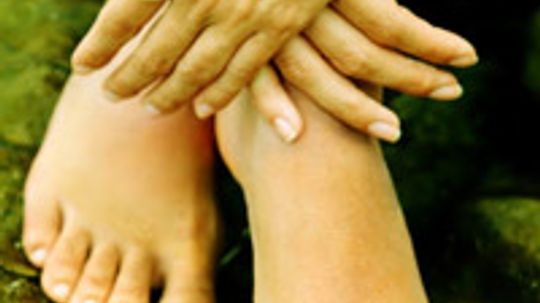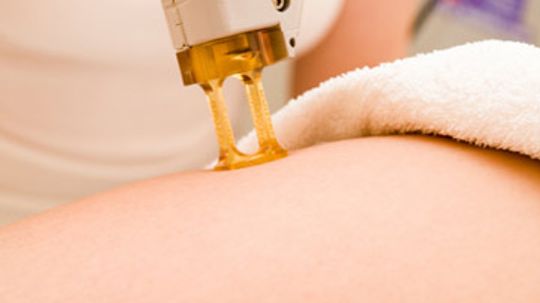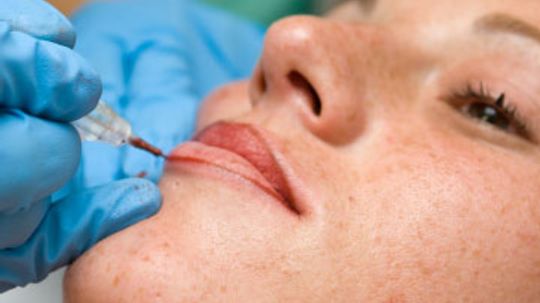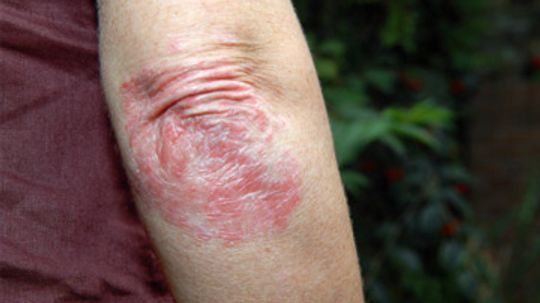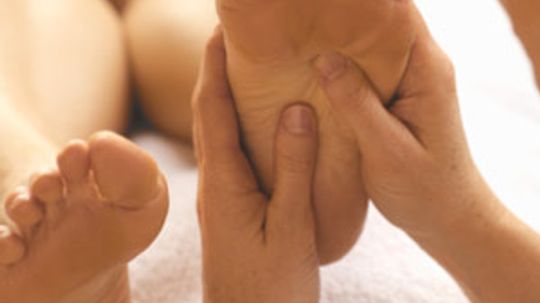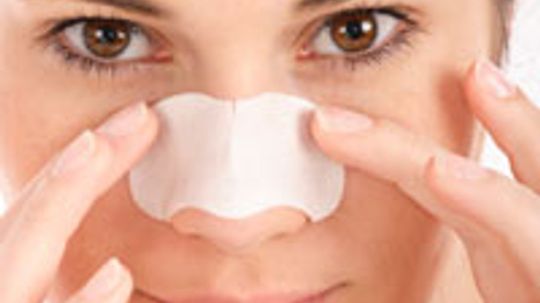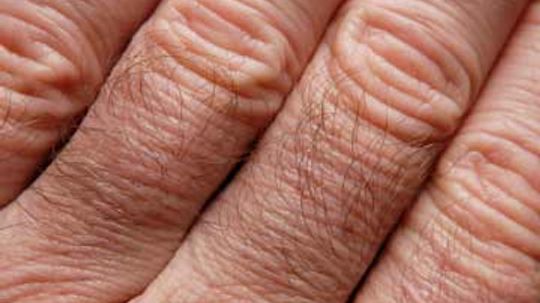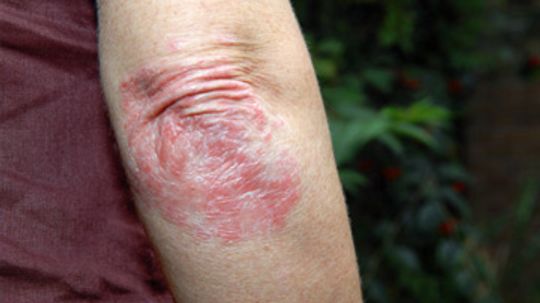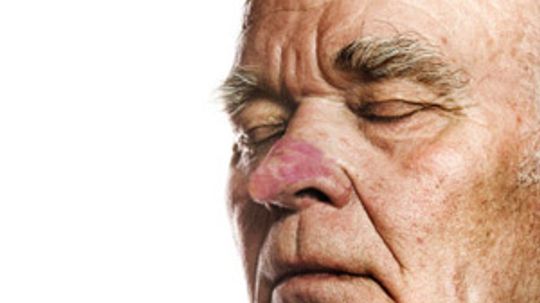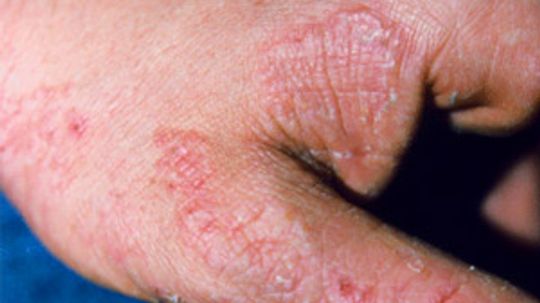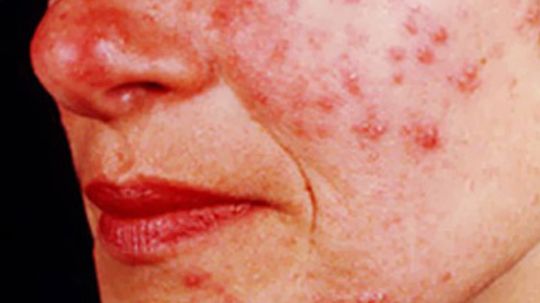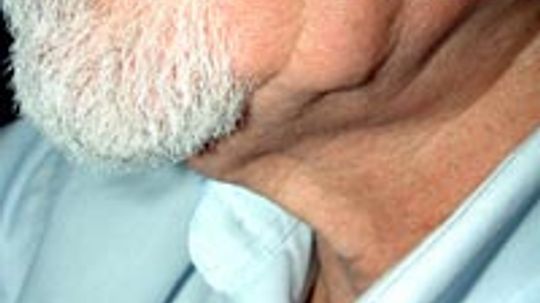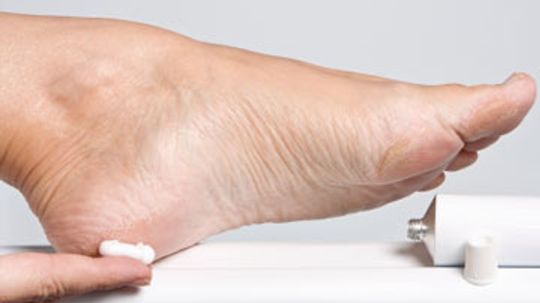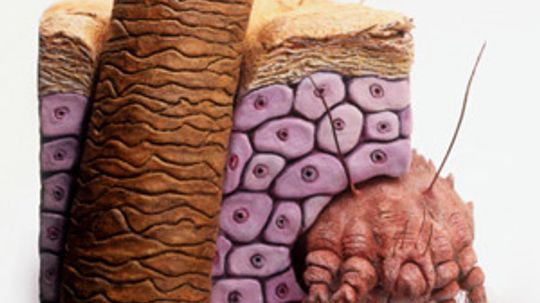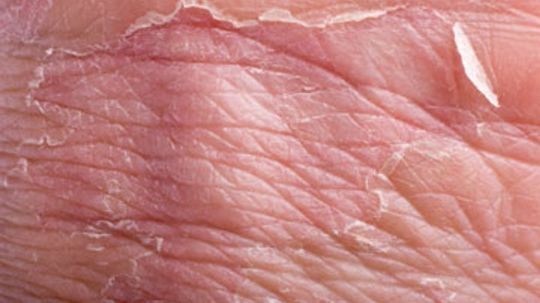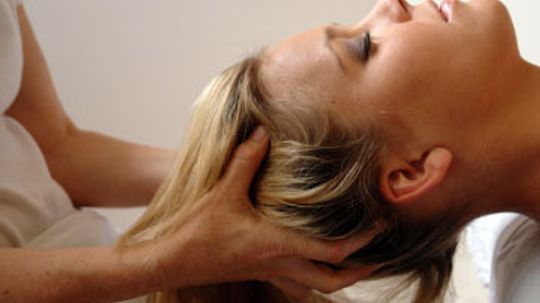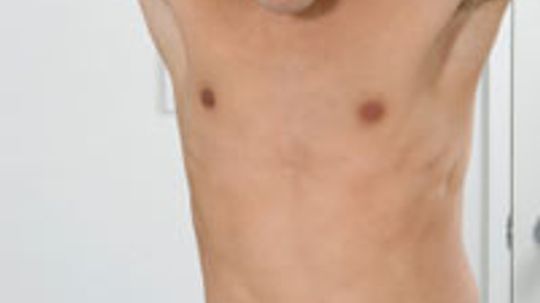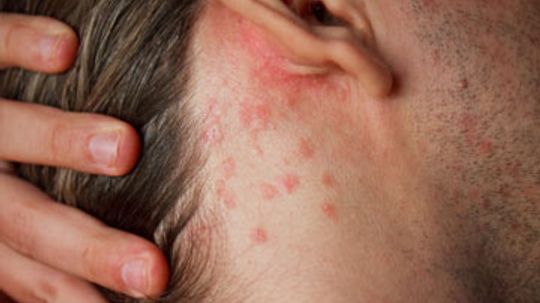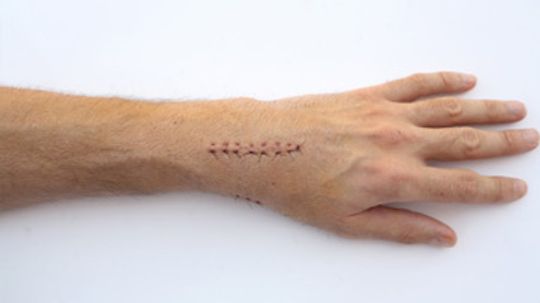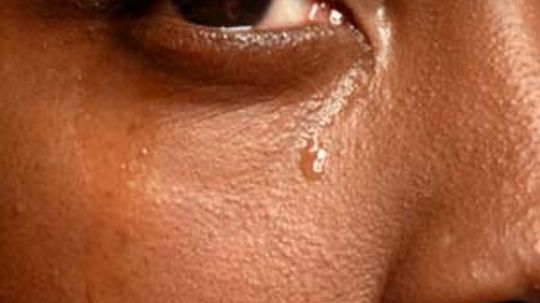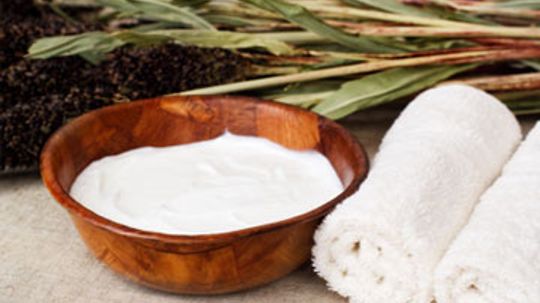Skin Care
Skin care is a broad term that refers to everything from hygiene to anti-aging regimens. Learn more about skin care at HowStuffWorks.
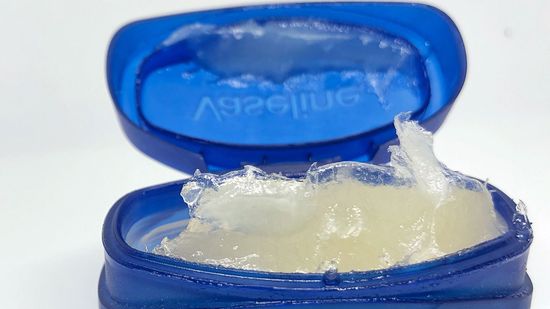
20 Amazingly Practical Uses for Petroleum Jelly
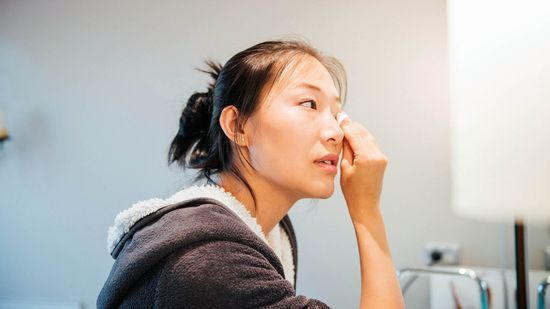
What Is Micellar Water and Should You Try It?

Morning vs. Evening Showers: Discuss
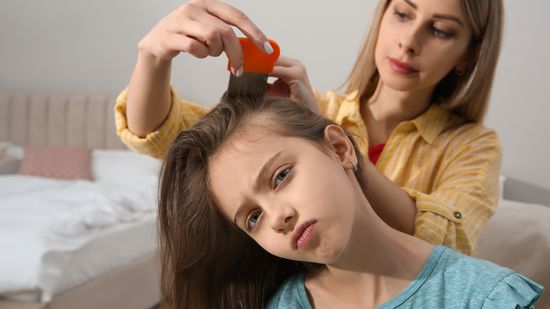
Where Do Lice Originate From? Pardon the Head-scratcher

How Often Should You Replace Your Hairbrush?
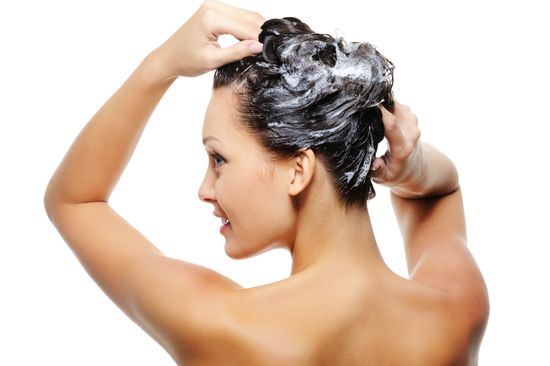
Is beer really good for your hair?

The Best Face Cleansers for Your Skin Type
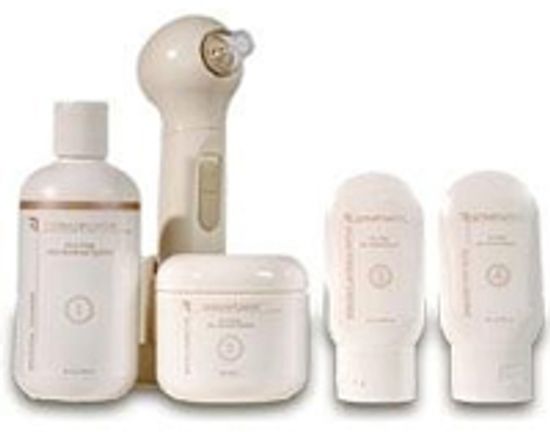
Are at-home microdermabrasion products good for your skin?

Oil Cleansing: Does Castor and Olive Oil Face Wash Really Work?

What Causes Ashy Skin?
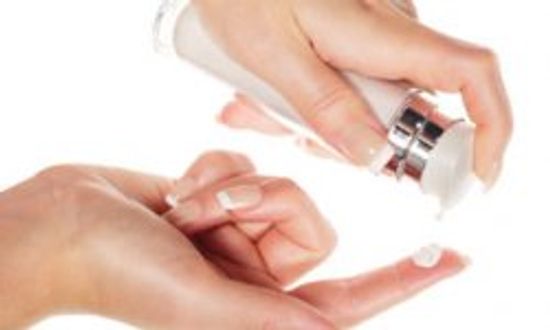
5 Important Ingredients in Face Moisturizers for Women
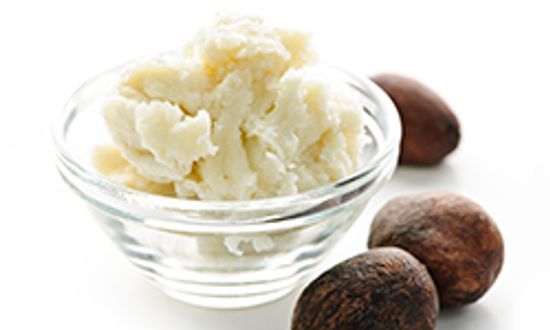
Is Shea Butter Food For Your Face?

Semicolo Tatto Meaning: Symbolism, Origins, and Impact

Medusa Tattoo Meaning: From Myth to Modern Symbol

You're Probably Not Putting on Enough Sunscreen

Should You Pop Your Blisters?
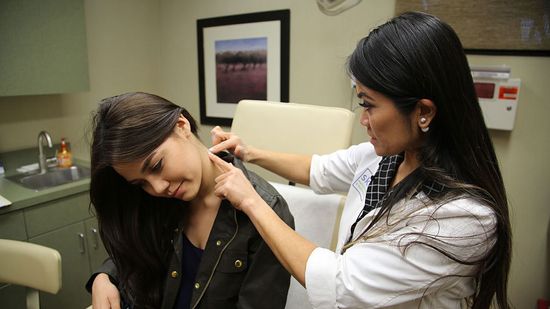
Why Do We Love to Pop Zits?
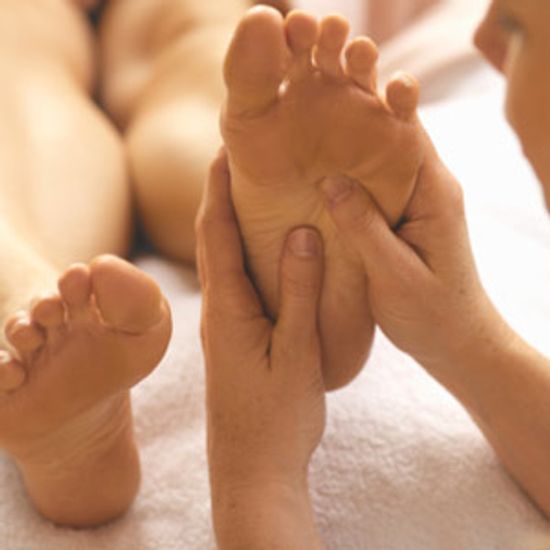
5 Things to Know About Plantar Warts

Why Do Bruises Change Colors as They Heal?
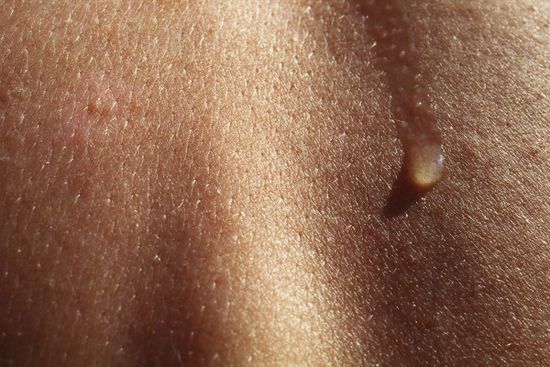
Do vegetarians have smellier sweat than omnivores?
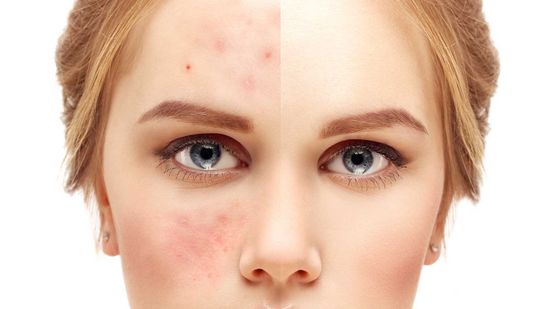
How Can Skin Be Oily Yet Dry?
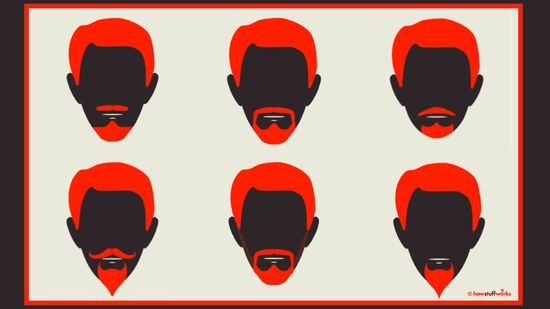
Goatees: Cool and Progressive or Outdated and Passe?
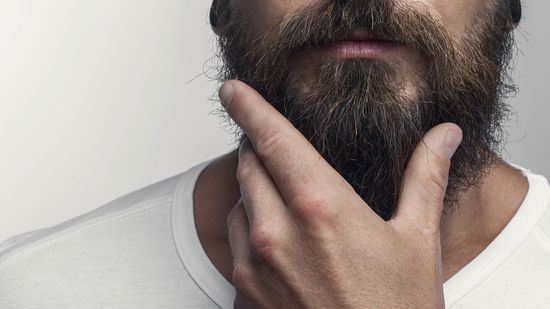
Can You Get Lice in Your Beard?

Does shaving really make hair grow back thicker?

Do underarm whitening creams really work?

10 Sources of Body Odor That Aren't Just Sweat

Does shaving your armpits reduce sweating?
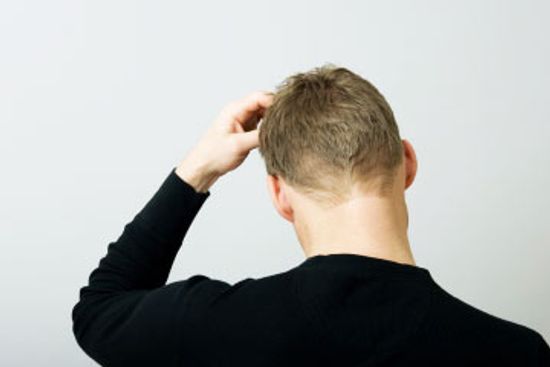
5 Surprising Facts About Itchy Scalp
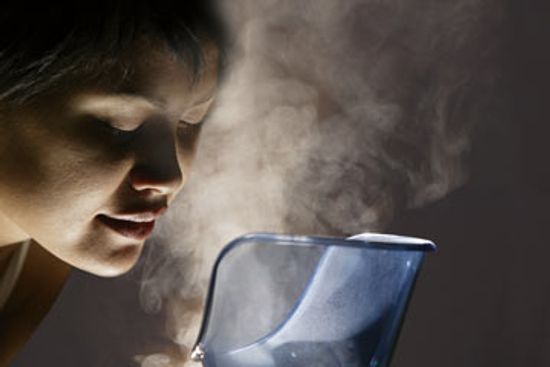
At a Glance: Face Steaming
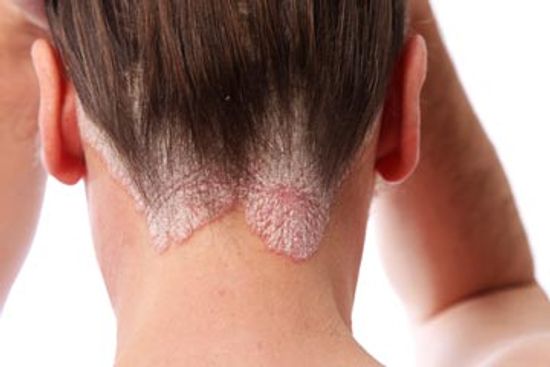
At a Glance: Scalp Sores

Quick Tips: Olive Oil and Your Lips

Side Effects of Kissing Too Much
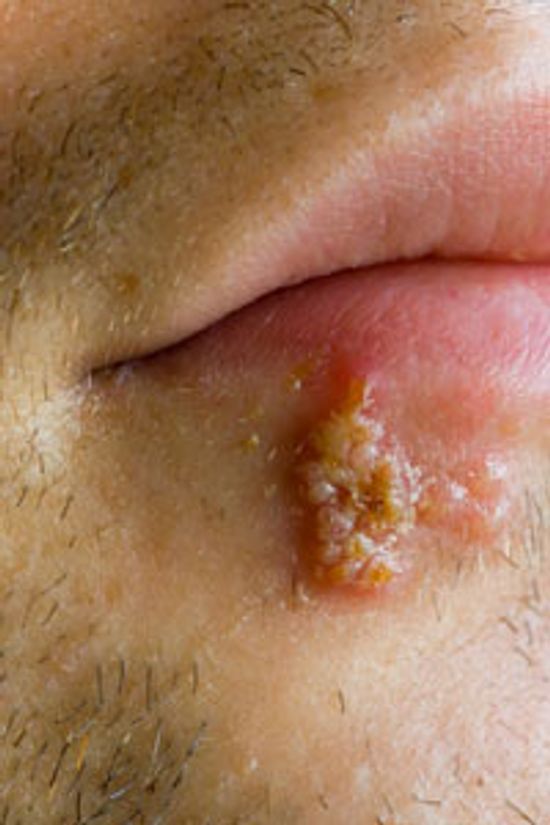
At a Glance: Fever Blister Treatment
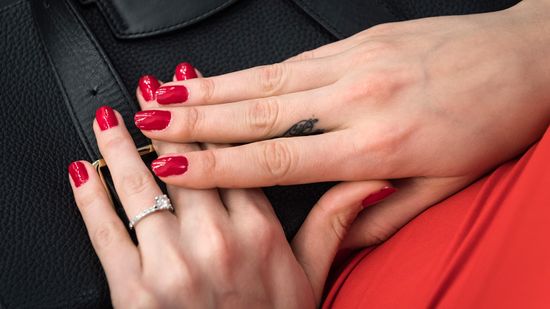
The Colorful History of Nail Polish
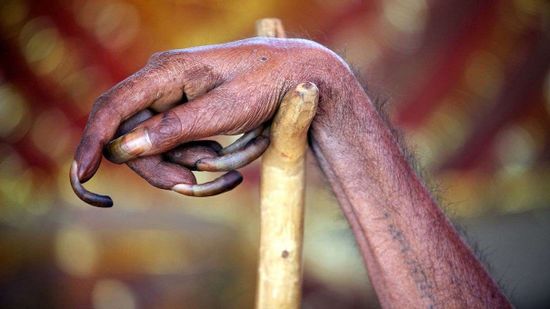
How Long Can Human Fingernails Grow?

What would happen if I never cut my fingernails?
Learn More / Page 23
Periungual warts pop up near the nail bed on your hands and feet. Left untreated, these warts can have lasting effects on the health of your nails. We've got a few ways to avoid and cure these unsightly growths.
Many turn to permanent hair removal methods as solutions to body hair issues, without fully understanding the processes. Does "permanent" mean the hair is really gone for good?
If you love the look of eyeliner and lipstick but are tired of applying makeup each morning, you may be considering permanent makeup. But how does permanent makeup work, and is it safe?
Advertisement
That red, itchy circle of skin can mean one of many things, including eczema, psoriasis or ringworm. If it turns out to be pityriasis rosea, however, you won't have much to worry about after a few weeks.
From morning to night, your feet are constantly on the move. However, the pain and inconvenience associated with plantar warts can stop you dead in your tracks.
If you're frustrated by the unsightly blackheads on your nose, then pore strips may be just what you need to help put your best face forward.
As you age, your skin loses its moisture and elasticity, which can lead to fine lines and wrinkles. But, thanks to modern science, you can fight the signs of aging by replacing your skin's lost lipids.
Advertisement
More than 7.5 million Americans have psoriasis, according to the National Institutes of Health, making it one of the most prevalent autoimmune diseases in the country. But what causes the disease, and is there a cure?
As if having a flushed, red nose weren't enough, rhinophyma's effects are much more than just cosmetic. But how can doctors treat this condition when they don't know the causes?
It looks like acne or eczema but isn't, and it can result in a red nose that people associate with alcoholism. It's rosacea, a common skin condition most people don't know anything about.
Advertisement
Sagging skin is a common beauty skin problem. How do you correct sagging skin?
If you have acne, psoriasis, warts or calluses, a salicylic acid lotion may help treat your condition. But how do these lotions work, and how often should you use them?
It's a scene straight out of a cheap horror movie: microscopic creatures crawling on your skin, eating your flesh and laying their eggs inside you. But it's not fake, it's real and it's called scabies.
Although it's rare, infants and young children can require burn treatments without ever being burned -- these children have a rare disease called scalded skin syndrome that's caused by the staph bacteria that normally live on skin.
Advertisement
After a long, stressful day, sometimes there's nothing better than a scalp massage. Whether you're simply running your hands through your hair or your hairdresser is sending shivers up your spine, the simple act can relieve a lot of pressure.
If you have acne, you probably have a routine for dealing with pimples that crop up on your face or body. But what should you do when you find pimples on your scalp?
By Gina Fisher
In the best-case scenario, scalp psoriasis is barely noticeable. But in the worst-case scenario, sufferers must endure significant physical discomfort from an itchy, red scalp with raised lesions and a build up of scales that flake off like dandruff.
If you're dealing with excessive oiliness, dryness or a chronic skin problem on your scalp, you might be due for a scalp treatment. How do these products provide relief?
Advertisement
Almost everyone has visible scarring somewhere, but many just choose to live with it. Find out how you can make these marks less noticeable to the naked eye.
If you have dandruff, you may have a mild form of seborrheic dermatitis, a skin condition that causes flaky, scaly skin and even hair loss. Find out what causes the disease and how you can treat it.
If you have oily skin, that waxy substance that makes your face shine, triggers breakouts and causes your makeup to run is sebum. Everyone's skin produces sebum, but what exactly is it, and what does it do?
If your skin gets easily flushed, itchy or irritated, you may have sensitive skin, but what causes this sensitivity, and how can you treat it?
Advertisement
You may have seen shea butter listed as an ingredient in your moisturizer or cleanser, but what exactly is shea butter? And why is it used in so many different skin care products?
If you're a sun bunny, you'd better consider slathering on some sunscreen and heading for a big umbrella instead -- and don't even think about going to the tanning bed. Skin cancer is a lot more common than most people know.
